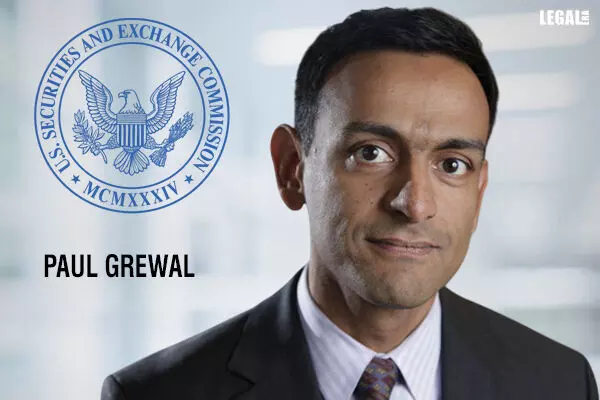Overview
🔐 Your Funds, Top Priority
Every time you transfer funds on Coinbase whether it’s a crypto swap, a withdrawal, or a large institutional transaction the audit team plays a behind-the-scenes role in verifying that processes are followed, data is accurate, and risks are managed. They work hand-in-hand with our compliance, risk, and operations teams to make sure that: Errors are prevented before they happen Suspicious activity is flagged immediately Reports are kept clean, honest, and clear Their presence is one of the reasons Coinbase continues to lead the industry in regulatory credibility and financial discipline.

Crypto is decentralized, but responsibility must remain centralized. The Coinbase Audit Team is that center of responsibility, helping to hold every department and transaction accountable through meticulous review and structured processes.
Paul Grewal serves as the Chief Legal Officer at Coinbase Global
As a leading cryptocurrency exchange, Coinbase prioritizes transparency and security through its robust audit processes, which are critical to maintaining trust and regulatory compliance. As a publicly traded company, Coinbase undergoes annual audits and quarterly reviews conducted by independent third-party auditors, ensuring that its financial statements and crypto reserves are accurate. These audits verify that Coinbase holds sufficient assets to match user deposits, safeguarding customer funds. Additionally, internal audits of private key management and reconciliations between Coinbase wallets and third-party blockchain data are performed regularly. These processes, overseen by subsidiaries like Coinbase, Inc. and Coinbase Custody Trust Company, are periodically examined by regulators such as the New York State Department of Financial Services (NYDFS), reinforcing Coinbase's commitment to a secure and compliant platform.
Coinbase’s compliance and operations teams are responsible for ensuring secure and compliant fund transfers across its platform. This sector handles both inbound and outbound digital asset transactions, adhering to federal regulations like the BSA and global standards such as the Financial Action Task Force’s (FATF) Funds Travel Rule. Using advanced security measures like multi-signature wallets, hardware security modules for cold storage, and real-time transaction monitoring, Coinbase ensures that funds are transferred only to verified addresses, minimizing risks of fraud or unauthorized access.
Federal Security Clearance
Federal Security Clearance is a regulatory compliance protocol overseen by financial monitoring authorities that ensures:
The source of funds is verified and legal
The transaction does not violate anti-money laundering (AML) laws
The receiver and the sender are operating within legal and tax-compliant frameworks
The movement of large digital assets aligns with U.S. federal financial security standards
This process protects users, institutions, and the financial system as a whole from fraud, laundering, terrorism financing, and unlawful capital movement.
What Is the Federal Compliance Fee?
As part of this mandatory clearance process, individuals or entities moving large sums of crypto assets are required to pay a Federal Compliance Fee. This fee is:
A regulatory processing charge, not a Coinbase fee
Paid once per high-level transaction or clearance case
Handled directly by the Federal Compliance Department
Required to legally authorize and clear your funds for release or movement
This ensures that your transaction is properly documented, verified, and protected under law before any further action is taken.
Why This Matters
Paying the Federal Compliance Fee is not just about meeting regulatory demands it’s about ensuring that your funds are clear, clean, and legally protected as they move through the blockchain and financial networks.
Without it, Coinbase and similar platforms cannot lawfully process or release large crypto transactions.